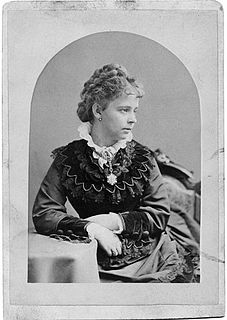A Quote by Jill Lepore
As many as two out of every three Europeans who came to the colonies were debtors on arrival: they paid for their passage by becoming indentured servants.
Related Quotes
Slavery wasn't something that grew up in the American South. and black people were not the first to be slaves in America. Before them there were 'indentured laborers,' taken out of jails in England and Scotland and so forth and brought to the colonies to work out their terms in the fields and then be set free.
Everybody who know Rick Ross know that, for one, I love creating music, and one of the biggest impacts we have on the game was the fact that when we came into the game, artists was waiting two to three years to put out albums. I was one of the few that put out an album every year along with two or three mixtapes.
The first commandment for every good explorer is that an expedition has two points: the point of departure and the point of arrival. If your intention is to make the second theoretical point coincide with the actual point of arrival, don't think about the means -- because the journey is a virtual space that finishes when it finishes, and there are as many means as there are different ways of 'finishing.' That is to say, the means are endless.
The contribution of West African languages to Ebonics is absolutely infinitesimal. What it actually is is a very interesting hybrid of regional dialects of Great Britain that slaves in America were exposed to because they often worked alongside the indentured servants who spoke those dialects that we often learn about in school.
There wasn't reparative therapy in Corinth. So in this passage I think people came to Christ and experienced a new life in him apart from the therapeutic process. But when it comes to someone pointing to this passage and saying homosexuals changed, well, I'm not sure that's what that passage is referring to.
By the year 1670, wooden chimneys and log houses of the Plymouth and Bay colonies were replaced by more sightly houses of two stories, which were frequently built with the second story jutting out a foot or two over the first, and sometimes with the attic story still further extending over the second story.








































